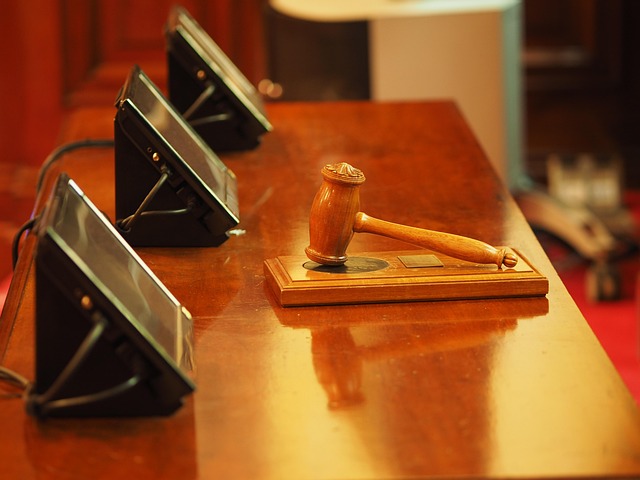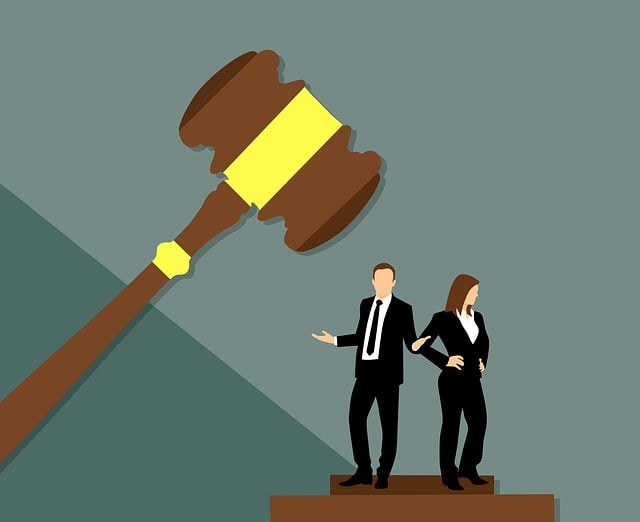Regulatory compliance involves adhering to laws and regulations to manage risks, enhance reputation, and build public trust. In criminal procedure law, understanding due process, fair trial rights, evidence collection rules, and defense strategies is crucial for businesses facing scrutiny. This knowledge helps navigate investigations, build defenses, and potentially avoid charges or win verdicts. For clients facing criminal charges, especially in white-collar crimes, this legal framework ensures fairness by dictating rules around arrest, charging, and trial rights. Mastering these fundamentals is key to achieving exceptional outcomes like dismissing all charges through robust defense strategies based on sound legal understanding.
In today’s complex legal landscape, regulatory compliance is non-negotiable. This article provides a comprehensive guide to navigating regulatory hurdles, focusing on understanding criminal procedure law basics. We delve into defining regulatory compliance and its intersection with crime, exploring essential strategies for effective legal practice. By unraveling the intricacies of criminal procedure law, professionals can ensure adherence to evolving regulations, mitigate risks, and foster trust in their practices.
- Defining Regulatory Compliance: An Overview
- Criminal Procedure Law Basics Uncovered
- Navigating the Intersection of Regulation and Crime
- Strategies for Effective Compliance in Legal Practice
Defining Regulatory Compliance: An Overview
Regulatory compliance is a crucial aspect of any business operation, ensuring adherence to laws and regulations that govern their industry. It involves understanding and implementing policies, procedures, and practices designed to maintain legal integrity and protect stakeholders. At its core, regulatory compliance is about more than just avoiding punishment; it’s a strategic approach to risk management, enhancing organizational reputation, and fostering public trust.
In the context of criminal procedure law, which forms the basis for many regulatory frameworks, understanding the basics is essential. This includes grasping the principles of due process, the right to a fair trial, and the rules governing evidence collection and presentation. For businesses facing regulatory scrutiny, this knowledge can prove invaluable. By knowing their rights and obligations under the law, companies are better equipped to navigate investigations, build robust defenses, and ultimately, win challenging defense verdicts or avoid indictment altogether. This proactive approach can also mitigate the impact of potential jury trials, ensuring a more favorable outcome for all involved parties.
Criminal Procedure Law Basics Uncovered
Understanding Criminal Procedure Law Basics is essential for both corporate and individual clients facing charges, especially in complex cases involving white-collar and economic crimes. This legal framework dictates the rules and procedures that guide criminal investigations and trials, ensuring fairness and due process. By grasping these fundamentals, individuals can better navigate the justice system and build a winning challenging defense verdict strategy.
Criminal Procedure Law Basics cover various aspects, from arrest and charging to pretrial detention and trial rights. It emphasizes the importance of evidence collection and admissibility, protecting defendants’ constitutional rights, and ensuring a fair and impartial judiciary. Knowledgeable lawyers can use these principles to defend their clients against serious allegations, whether it’s challenging the legality of an arrest or questioning the integrity of forensic evidence in white-collar crime cases.
Navigating the Intersection of Regulation and Crime
In today’s complex legal landscape, understanding the intersection of regulation and crime is essential for both legal professionals and individuals alike. Navigating this intricate relationship requires a deep grasp of criminal procedure law basics, which serve as the foundation for ensuring fair trials and upholding justice. By comprehending the rules governing arrests, searches, seizures, and confessions, legal practitioners can better defend their clients against unfounded accusations.
The ultimate goal is to achieve extraordinary results, such as the complete dismissal of all charges, in cases where regulatory compliance issues inadvertently lead to criminal allegations. A knowledgeable general criminal defense attorney can guide individuals through this labyrinthine process, ensuring their rights are protected and that justice is served without compromise.
Strategies for Effective Compliance in Legal Practice
In ensuring effective compliance in legal practice, especially within the context of Understanding Criminal Procedure Law Basics, a strategic and proactive approach is essential. Lawyers should begin by thoroughly familiarizing themselves with the intricacies of criminal procedure laws specific to their jurisdiction. This involves not just reading the statutes but also staying updated on recent amendments and judicial interpretations that could impact case outcomes. Regular training sessions and workshops can significantly aid in this process, enabling legal professionals to navigate complex regulatory landscapes with confidence.
For achieving extraordinary results, maintaining meticulous records and documenting every step of the legal process is paramount. This includes preserving communication logs, evidence collection procedures, and client interactions, as these details can be crucial in justifying decisions made during the case. Moreover, staying organized allows for quicker response times to regulatory changes or new legal precedents, which could lead to successful arguments in favor of clients. Ultimately, combining a deep understanding of criminal procedure laws with efficient record-keeping practices increases the likelihood of securing favorable outcomes, including the complete dismissal of all charges across the country.
Regulatory compliance is a complex yet essential aspect of legal practice, especially when navigating the intersection of law and crime. By understanding the fundamentals of criminal procedure law, professionals can ensure they adhere to crucial standards and avoid potential pitfalls. This article has provided an overview of these basics, offering strategies for effective compliance. Remember that staying informed and proactive is vital in maintaining ethical practices and fostering a robust legal system.






